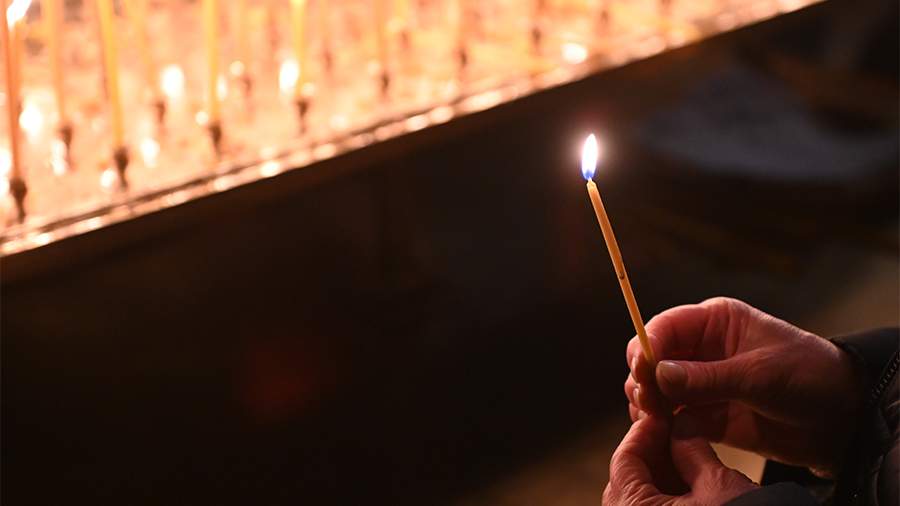Good Friday before Easter: what happened according to the Gospel

Good Friday is the most tragic and most significant day of Holy Week. This is a day when the entire Christian world bows its heads in silence and prayer, remembering the crucifixion and death of Jesus Christ. This day is the peak of the Savior's sufferings, the culmination of His earthly feat for the salvation of mankind. The biblical description of the day, the meaning of Good Friday for believers, is in the material of Izvestia.
Good Friday: The Crucifixion of Jesus Christ
On Good Friday, the main event for which Christ came into the world took place — His death on the cross. After the trial by the procurator of Judea, Pontius Pilate, Jesus was sentenced to death by crucifixion, the most shameful and painful execution of that time.
Christ was beaten, crowned with thorns, mocked, humiliated, and led to Golgotha. There, on a mountain outside Jerusalem, He was nailed to a cross between two robbers. Before his death, the Lord spoke words that shook heaven and earth.:
"It is finished!" (From John. 19:30)
The death of Jesus was not a defeat — it was a sacrificial act, sacrificed to atone for the sins of all mankind, in order to give everyone a way to salvation.
Where are the events of Good Friday described in the Gospel
The events of Good Friday are described in detail in all four Gospels — Matthew, Mark, Luke and John. This is a rare case when all four evangelists give a consistent and in—depth picture of what happened, each from his own side.:
- The Gospel of Matthew (Chapter 27) — tells about the betrayal of Jesus to Pilate, the scourging, ridicule, crucifixion and His death;
- The Gospel of Mark (Chapter 15) highlights the humiliations that Christ endured and describes the immediate reaction of nature to His death.;
- The Gospel of Luke (Chapter 23) shows the repentance of one of the robbers, Jesus' silence before His accusers, and His forgiveness of His enemies.:
"Father! Forgive them, for they do not know what they are doing" (Luke 23:34);
- The Gospel of John (Chapters 18-19) contains a deep theological understanding of the Savior's sacrifice, including the words:
"I am the Way and the Truth and the Life."
These texts are the basis of the service of the Twelve Gospels. On Holy Thursday evening, Good Friday Matins are celebrated during Holy Week, during which the 12 Passion Gospels are read, combining all these events into one prayer drama.
Good Friday: why it's called that
The word "passionate" comes from the Old Russian "passion", which means "suffering". In the liturgical language and the Church Slavonic text, "the passion of Christ" is not just physical pain, but suffering for the sake of love, a voluntary sacrifice.
The Friday before Easter got this name because it was on this day that Jesus suffered:
- suffering in the body (flagellation, crown of thorns, cross);
- Suffering in the soul (betrayal, loneliness, ridicule);
- spiritual suffering (the burden of the sins of the whole world).
Thus, Good Friday is a day of universal silence, when no bells sound, no liturgy is celebrated, and a mournful expectation of the Resurrection reigns in churches.
What does Good Friday before Easter mean for the Orthodox
For Orthodox Christians, Good Friday is the most mournful day of the year. This day calls every Christian to deep repentance, reflection and participation in the sufferings of the Savior. A believer's whole life should be a response to Christ's sacrifice: gratitude, love, and the pursuit of holiness.
On Good Friday:
- The Eucharist is not celebrated — a sign that Christ is dead;
- The Shroud, the image of Christ, taken down from the cross and placed in the tomb, is being carried out.;
- fasting is especially strict — many people eat only bread and water or completely abstain from eating until the evening.;
- Fun, housework, and loud conversations are prohibited.
Переведено сервисом «Яндекс Переводчик»

